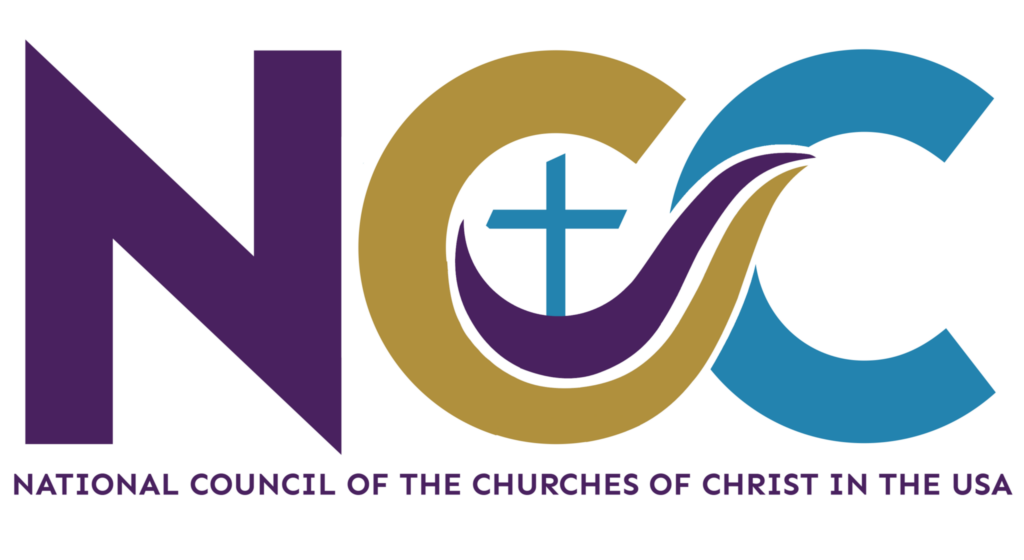This past week, our country witnessed heroism that often happens unseen. In Portland, Oregon, three men came to the defense of two teenage girls, one of them an African-American and one of them wearing a hijab, who were being verbally assaulted by a white supremacist because of the girl’s Muslim faith. In the altercation, two of the men, Rick Best and Taliesin Namkai-Meche, lost their lives, and a third, Micah Fletcher, was injured. The attacker is now in custody.
Every day in America anti-Muslim sentiment, like racism, raises its ugly head, and every day American citizens come to the defense of their Muslim neighbors. This defense is based on the principles of religious freedom and the belief that all men and women are created equal in the sight of God, and are deserving of equal respect in society. It is also based on one of the most basic affirmations of American life: that we are all neighbors.
Thankfully, defending against anti-Muslim sentiment has not often resulted in the death of those who come to the aid of their neighbors. Such defense always reflects courage. This time it reflected a most profound heroism.
It also reflected love. It has been reported that Mr. Namkai-Meche’s last words were: “Tell them, I want everybody to know, I want everybody on the train to know, I love them.” This kind of love recalls the scripture: “No one has greater love than this, to lay down one’s life for one’s friends” (John 15:13). Ultimately, it is this kind of love that motivates the National Council of Churches USA and its member churches, congregations across the country, interfaith coalitions such as Shoulder-to-Shoulder, and other friends and neighbors, to stand up to anti-Muslim sentiment every day in Portland and in all of our nation’s communities.
The NCC mourns the deaths of Mr. Best and Mr. Namkai-Meche, and we extend our thanks to Mr. Fletcher for his likewise heroic action in defense of their Muslim neighbor.
